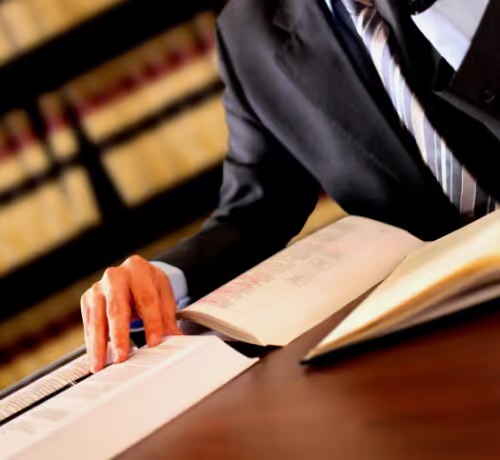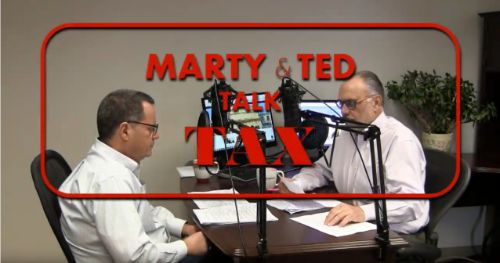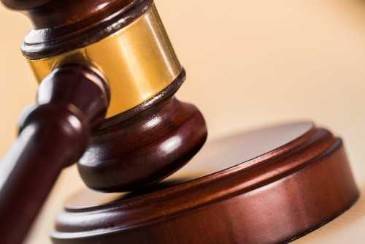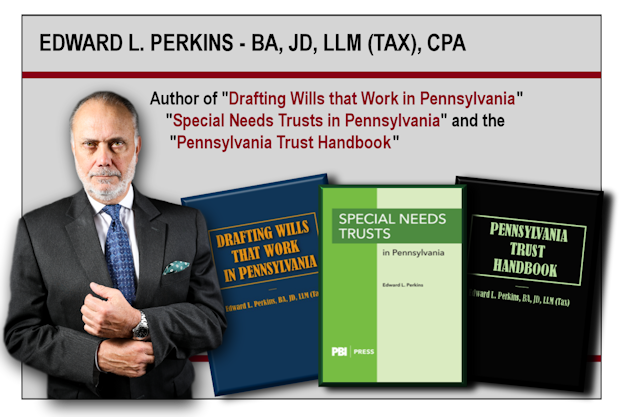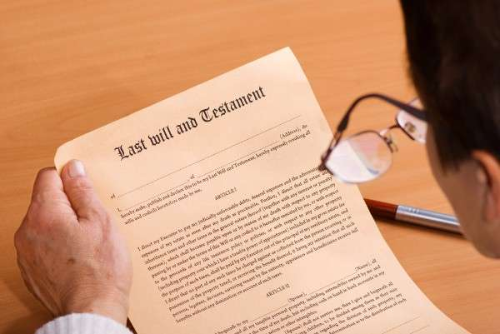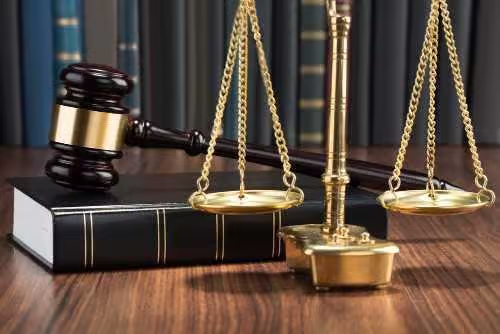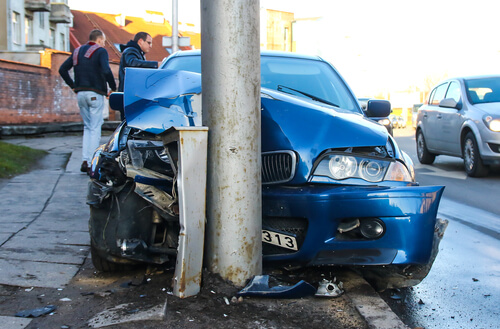Gibson&Perkins, PC attorney Edward L. Perkins is glad to announce the publication of his new online self-study CPE program for accountants: Understanding Section 199A. This half-hour program examines Section 199A in detail – and covers topics such as: How to Calculate the Sec. 199A Deduction Applicable Limitations Which Taxpayers Qualify for the Deduction How Sec. […]
Category Archives: Recent News
Featuring Gibson & Perkins lawyersMartin Pezzner – JD, CPA and Edward Perkins – JD, LLM (Tax), CPA as they discussENTERTAINMENT AND MEALS EXPENSE AFTER THE TAX CUTS AND JOBS ACT OF 2017 CPAs – learn more and earn 1/2 hour Self-Study CPE Credit Click here to take our “on-demand” program:ENTERTAINMENT AND MEALS EXPENSE AFTER THE […]
by Paul Fellman, Esq. – (610) 565-1708 x106 – pfellman@gibperk.com It’s a fact that mistakes happen and, even when they don’t, an unhappy client may try to sue you. That’s why this month’s tip deals with protecting yourself after the fact rather than avoiding the claim in the first place. Maintaining professional liability insurance is […]
We’re pleased to announce the new release of the latest book by firm partner Edward L. Perkins JD, LLM (Tax), CPA – ‘Special Needs Trusts in Pennsylvania.’ In this volume just printed by PBI Press (the publishing arm of the Pennsylvania Bar Institute), Mr. Perkins discusses everything to be aware of on the topic, including: […]
It’s a basic principle of estate planning that every will must be in writing and signed at the end by the testator. Upon the testator’s death, the original will must be presented to the register of wills for probate. The original, rather than a signed copy, is preferred to avoid challenge to the will’s validity. […]
The Pennsylvania Rules of Appellate Procedure permit litigants to appeal certain orders even though the order has not disposed of all claims and of all parties. In other words, under certain circumstances you can take an appeal from a non-final order. Orders falling under this exception to the rule of finality are called “interlocutory orders.” […]
In many car accident cases, the jury must determine which driver is at fault, as it may not be entirely clear from the evidence presented. Usually if a driver is negligent, or did not use reasonable care or caution while driving, he or she will be at fault. However, there are times when the courts […]
If your property is damaged as a result of another person’s conduct, and that person did not act with reasonable care under the circumstances, you may have a valid legal claim based on that person’s negligence. Reasonable care is defined as the degree of caution and concern an ordinarily prudent and rational person would use […]

